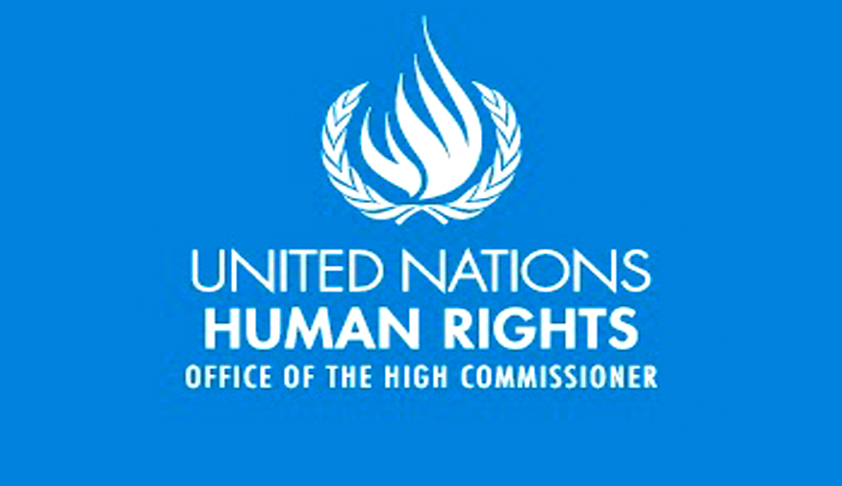UNHRHC report indicts LTTE for 2009 civil war, vouches for creation of a Hybrid Court
Aishwarya Dhakarey
17 Sept 2015 12:12 PM IST

Next Story
17 Sept 2015 12:12 PM IST
A 300-odd page report by UN Human Rights High Commissioner Zeid Ra'ad Al Hussein has implicated the LTTE for killing Tamil, Muslim and Sinhalese civilians, through indiscriminate suicide bombings and mine attacks, as well as assassinations of individuals including public officials, academics and dissenting Tamil political figures. In this way, the UN rights organization has now...
